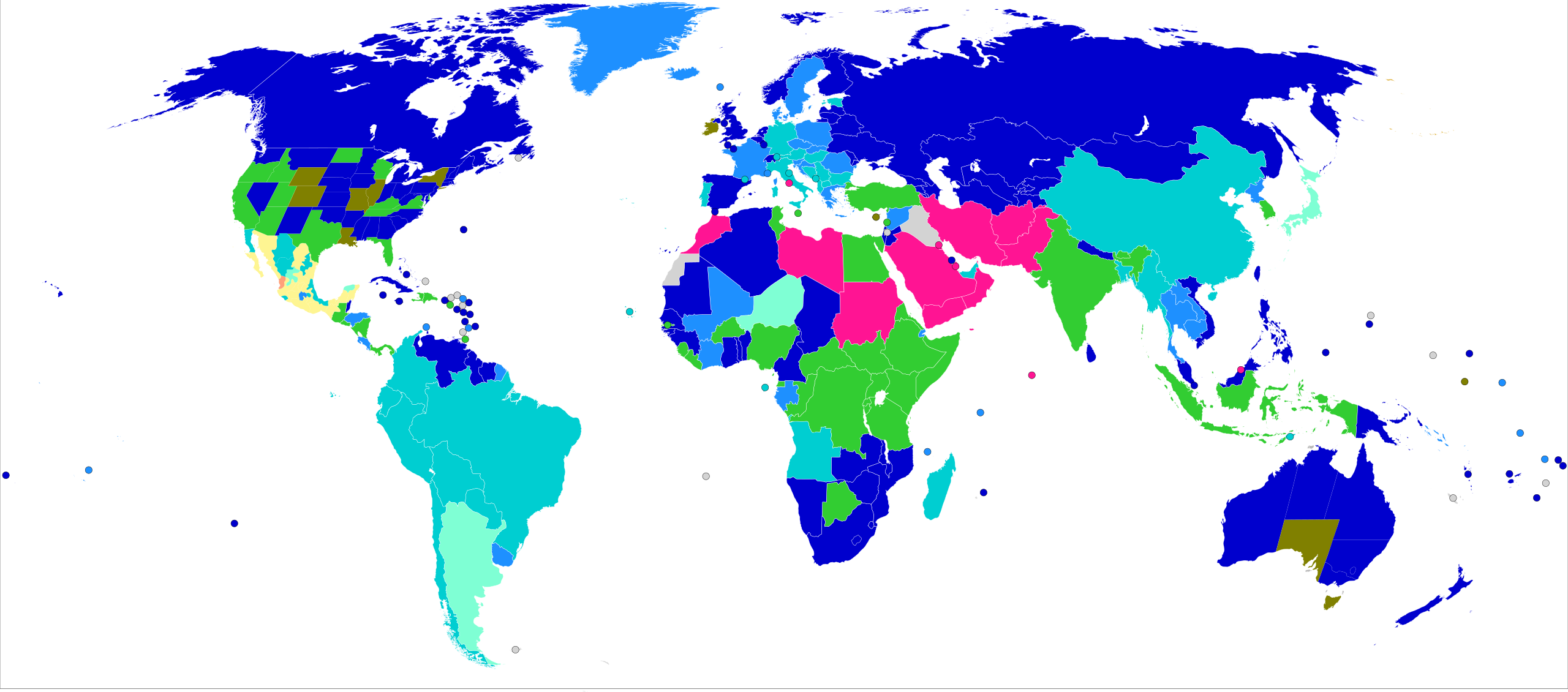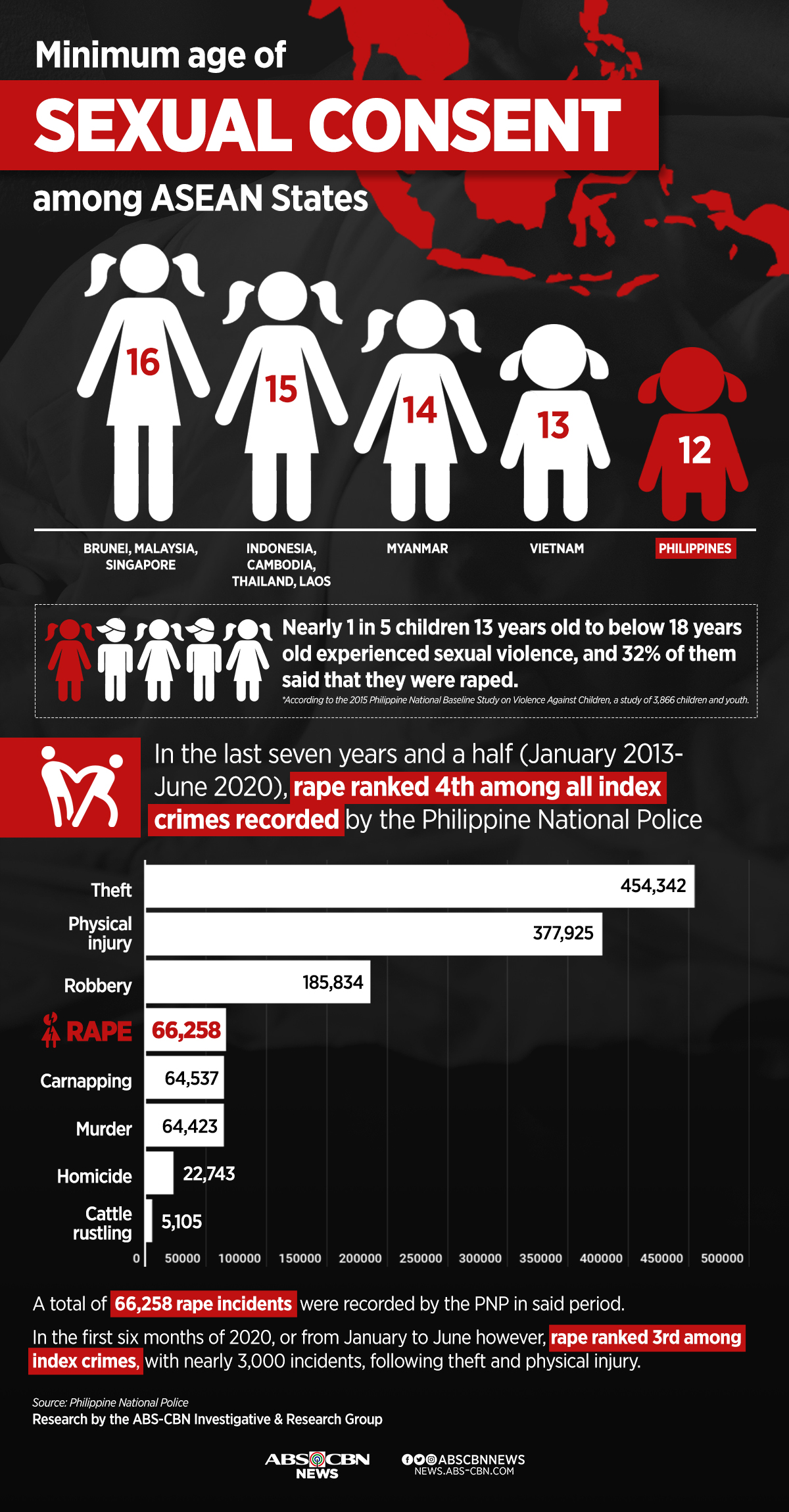Russia Consent Age: A Comprehensive Guide To Legal And Social Aspects
From historical context to modern-day interpretations, we will uncover how the consent age in Russia has evolved and what it means for individuals and society as a whole. By the end of this article, you'll have a comprehensive understanding of this topic, equipping you with the knowledge to navigate this sensitive issue confidently.
The concept of consent age is not just a legal matter but also a reflection of cultural values and societal expectations. In Russia, the consent age has been shaped by centuries of tradition, legal reforms, and global influences. While the legal framework provides clear guidelines, the social perception of consent age in Russia often varies across regions and communities. This article aims to bridge the gap between the legal definitions and the lived experiences of individuals, ensuring that readers gain a holistic understanding of the topic. By examining real-life scenarios, expert opinions, and statistical data, we will shed light on the nuances of the consent age in Russia and its impact on society.
As we explore the topic of "Russia consent age," it's essential to recognize the broader implications it has on personal freedoms, education, and relationships. With the rise of global awareness around consent and personal rights, Russia's stance on this issue has drawn both domestic and international attention. By addressing common questions, misconceptions, and challenges, this article seeks to empower readers with accurate and actionable information. Whether you're seeking clarity on the legal framework or looking to understand the cultural context, this guide will serve as a reliable resource for all your queries related to the consent age in Russia.
Read also:Did Brett Favre Cheat On His Wife Exploring The Truth Behind The Rumors
Table of Contents
- What is the Consent Age in Russia?
- Why is the Consent Age Important?
- How Has the Consent Age in Russia Evolved?
- What Are the Legal Implications?
- How Does Russian Society View Consent Age?
- What Are the Challenges?
- How Can Parents and Educators Address This Topic?
- What Are the Global Comparisons?
- How Can Individuals Protect Themselves?
- What Are the Future Prospects?
What is the Consent Age in Russia?
The consent age in Russia refers to the legal age at which an individual is considered capable of giving informed consent to engage in sexual activities. According to Russian law, the consent age is set at 16 years. This means that individuals aged 16 and above are legally permitted to make decisions regarding their personal relationships. However, it's important to note that the consent age in Russia is not just a number but a reflection of the country's legal and cultural values.
While the legal framework is clear, the enforcement of these laws can vary. Factors such as regional differences, societal attitudes, and individual circumstances can influence how the consent age is perceived and applied. Understanding the nuances of the consent age in Russia is essential for ensuring compliance with the law and fostering a safe environment for all individuals.
Why is the Consent Age Important?
The consent age serves as a protective measure, safeguarding the rights and well-being of young individuals. By setting a legal threshold, the consent age in Russia aims to prevent exploitation, abuse, and coercion. It ensures that individuals are mature enough to make informed decisions about their personal lives.
Moreover, the consent age plays a critical role in shaping societal norms and expectations. It sets the foundation for healthy relationships, respect, and mutual understanding. By addressing the importance of consent, Russian society can work towards creating a safer and more inclusive environment for everyone.
How Has the Consent Age in Russia Evolved?
The consent age in Russia has undergone significant changes over the years. Historically, the legal framework was influenced by traditional values and societal norms. However, with the advent of modernization and globalization, the consent age has been redefined to align with contemporary standards.
In the early 20th century, the consent age in Russia was relatively low, reflecting the cultural and social context of that era. Over time, legal reforms and international conventions have contributed to raising the consent age, ensuring that it aligns with global best practices. This evolution highlights the dynamic nature of the consent age in Russia and its responsiveness to changing societal needs.
Read also:Does Hwang In Yeop Have A Wife Unveiling The Truth About The Rising Star
What Are the Legal Implications?
Understanding the legal implications of the consent age in Russia is crucial for ensuring compliance with the law. Engaging in sexual activities with individuals below the consent age is considered a criminal offense, punishable by fines, imprisonment, or both. These legal consequences underscore the importance of respecting the consent age and prioritizing the safety of young individuals.
Additionally, the legal framework provides guidelines for reporting and addressing cases of exploitation or abuse. By raising awareness about the consent age in Russia, individuals can contribute to a safer and more accountable society. It's essential to stay informed about the legal aspects to avoid unintentional violations and protect the rights of all parties involved.
How Does Russian Society View Consent Age?
The perception of the consent age in Russia varies across different regions and communities. While urban areas tend to adopt a more progressive stance, rural regions may hold traditional views that influence their interpretation of the consent age. These differences highlight the complexity of addressing this issue on a national scale.
Public discourse around the consent age in Russia often reflects broader societal debates about personal freedoms, education, and cultural values. By fostering open discussions and promoting awareness, Russian society can work towards a more unified understanding of the consent age and its significance.
What Are the Challenges?
Despite the clear legal framework, several challenges persist in implementing and enforcing the consent age in Russia. One of the primary issues is the lack of awareness and education about consent and personal rights. Many individuals, especially in rural areas, may not fully understand the legal implications or societal expectations surrounding the consent age.
Another challenge is the prevalence of stereotypes and misconceptions. These biases can hinder efforts to promote a safe and respectful environment for young individuals. Addressing these challenges requires a multi-faceted approach, involving education, advocacy, and policy reforms.
How Can Parents and Educators Address This Topic?
Parents and educators play a vital role in shaping young individuals' understanding of the consent age in Russia. By fostering open communication and providing accurate information, they can empower young people to make informed decisions about their personal lives.
- Encourage open discussions about consent and personal rights.
- Provide age-appropriate education on relationships and boundaries.
- Address misconceptions and stereotypes through awareness campaigns.
By taking a proactive approach, parents and educators can contribute to creating a safer and more inclusive environment for all individuals.
What Are the Global Comparisons?
When examining the consent age in Russia, it's helpful to consider global comparisons. Different countries have varying legal frameworks and cultural attitudes towards consent age, reflecting their unique societal contexts. For instance, some countries set the consent age at 16, while others have higher thresholds.
These global comparisons provide valuable insights into the diversity of approaches to consent age. By analyzing international practices, Russia can identify best practices and areas for improvement in its own legal framework.
How Can Individuals Protect Themselves?
Understanding the consent age in Russia is the first step towards protecting oneself and others. Individuals can take several measures to ensure their safety and well-being, such as:
- Seeking education and resources on consent and personal rights.
- Reporting any instances of exploitation or abuse to authorities.
- Supporting advocacy efforts to raise awareness about the consent age.
By taking these proactive steps, individuals can contribute to a safer and more accountable society.
What Are the Future Prospects?
The future of the consent age in Russia holds both challenges and opportunities. As societal attitudes continue to evolve, there is potential for further reforms and improvements in the legal framework. By fostering open discussions and promoting awareness, Russian society can work towards a more unified understanding of the consent age and its significance.
Moreover, advancements in education and advocacy efforts can contribute to a safer and more inclusive environment for all individuals. By staying informed and engaged, individuals can play a vital role in shaping the future of the consent age in Russia.
Living In Paradise: Unpacking The Costs Of Life In Hawaii
Discover The Magic Of Vanillagif.com: Your Ultimate Source For Unique GIFs
How Long Does Cooked Rice Last In The Fridge: A Complete Guide

Ages of Consent Around The World By Country

Age Of Consent Thailand 2024 Sofie Eleanore